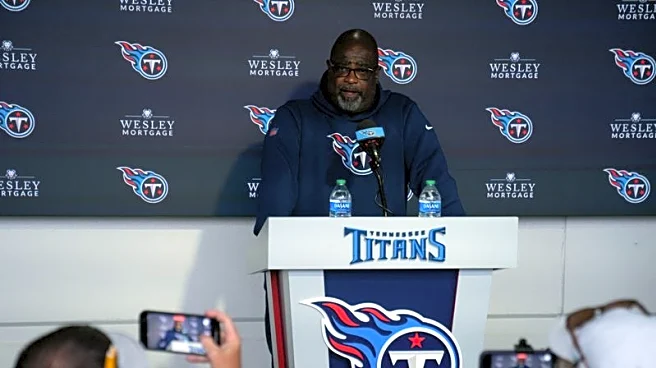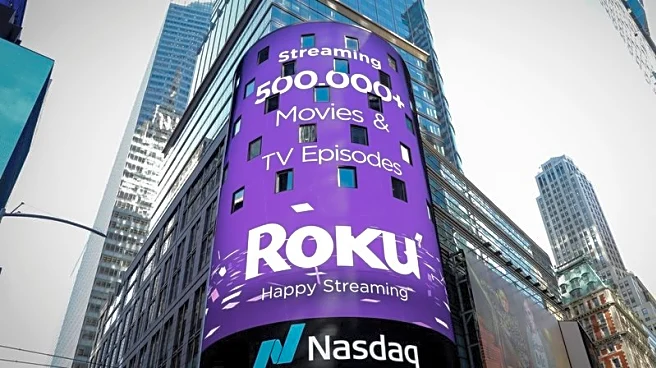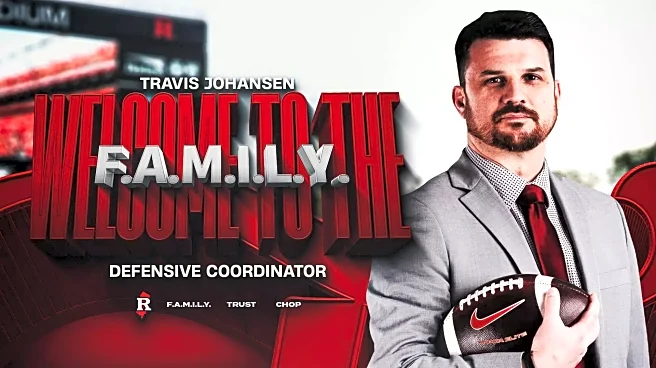What's Happening?
At The Drum's B2B World Fest, a significant debate unfolded regarding whether emotion or logic primarily drives B2B purchasing decisions. The Oxford-style debate featured four leading marketers who presented arguments for and against the motion that,
by 2025, B2B buying decisions are driven more by emotion than logic. Proponents of the motion argued that emotional factors, such as fear and ambition, play a crucial role in decision-making, even in the B2B context. They cited research indicating that a significant portion of human decisions are made subconsciously, suggesting that emotions often precede logical reasoning. On the other hand, opponents contended that B2B decisions, especially those involving substantial financial commitments, are predominantly driven by logic and data. They highlighted statistics showing that B2B buyers prioritize ROI analysis and data-driven insights in their decision-making processes.
Why It's Important?
This debate is pivotal as it addresses the fundamental strategies that B2B marketers should adopt to influence purchasing decisions. If emotion is indeed a primary driver, marketing strategies may need to focus more on storytelling and emotional engagement. Conversely, if logic prevails, marketers might prioritize data-driven content and ROI-focused messaging. The outcome of this debate could significantly impact how B2B companies allocate their marketing resources and design their campaigns. Understanding the balance between emotion and logic in B2B buying can help companies better tailor their approaches to meet the needs of their clients, potentially leading to more effective marketing strategies and improved sales outcomes.
What's Next?
The debate concluded with a split decision, indicating that both emotion and logic play significant roles in B2B purchasing decisions. Moving forward, B2B marketers may need to develop hybrid strategies that incorporate both emotional and logical elements to effectively engage their target audiences. Companies might also invest in further research to better understand the nuances of decision-making processes in their specific industries. Additionally, as the B2B landscape evolves with the increasing influence of digital natives, marketers may need to adapt their strategies to cater to the preferences of younger, more data-savvy buyers.
Beyond the Headlines
The discussion at B2B World Fest highlights a broader trend in marketing that blurs the lines between B2B and B2C strategies. As B2B buyers increasingly expect personalized and emotionally resonant experiences similar to those in consumer markets, companies may need to rethink traditional approaches. This shift could lead to a more integrated marketing landscape where emotional storytelling and data-driven insights coexist, offering a more holistic approach to engaging with clients.

















